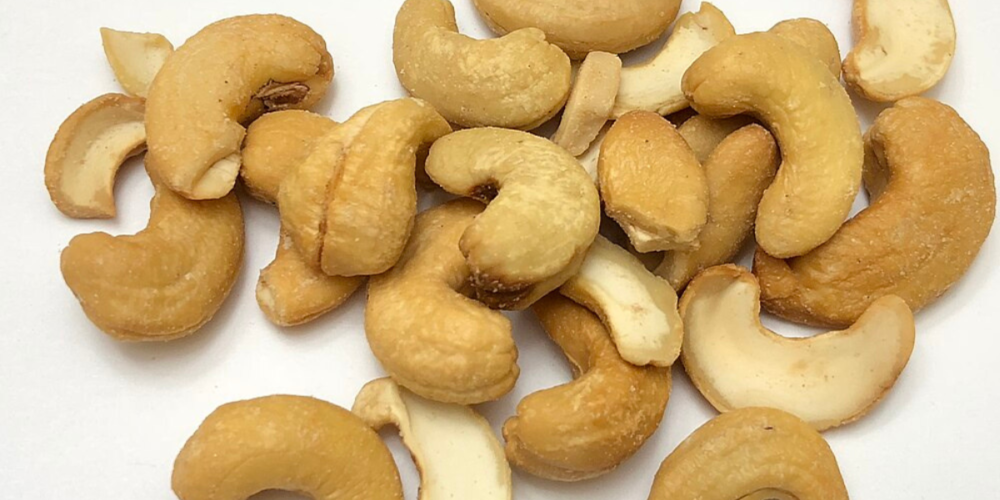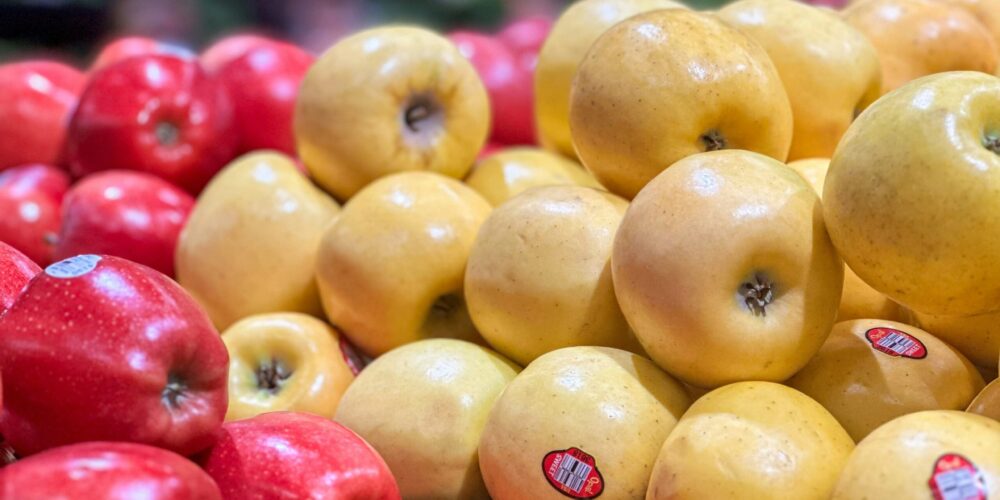Recent developments in Namibia have garnered attention, with several local articles…

West Africa Cashews: Growth Through Processing and Partnerships
Cashew nuts are a major cash crop for West Africa, with countries like Côte d’Ivoire leading the continent in production. However, the region faces challenges in maximizing its profits from this valuable commodity. Here’s a look at some key trends shaping the West African cashew market:
Production Powerhouse: A recent article by Freightnews [1] highlights Côte d’Ivoire’s dominance, with the West African nation producing a staggering 1.123 million tonnes of cashews in 2021, an 18% increase from the previous year. This trend continued in 2022, with production again exceeding 1 million tonnes.
Beyond Raw Exports: Despite strong production, West Africa primarily exports raw cashews. This means the region misses out on the significant value addition that comes with processing cashews into marketable products like cashew nuts or cashew butter. An article from the African Cashew Alliance [2] emphasizes the need for increased investment in local processing facilities. This would create jobs, boost exports of higher-value goods, and strengthen West African economies.
Quality Concerns: While demand remains high, Benin, another major cashew producer in the region, has seen a decline in the quality of nuts reaching the market according to the African Cashew Alliance [2]. This highlights the need for improved processing techniques and quality control measures to ensure West African cashews remain competitive on the global stage.
Intra-African Trade Potential: The importance of boosting intra-African trade in cashews is strongly emphasised. Currently, much of the raw product is shipped outside the continent for processing. Increased regional cooperation could create a more efficient cashew value chain within Africa.
U.S. Partnership Boosts Exports: There’s positive news on the export front. An article from Africa.com [3] discusses West African cashew exports poised for growth through a partnership with a U.S.-based supplier. This suggests increased access to markets, financing, or processing facilities for West African cashews, potentially leading to a significant boost in the region’s cashew industry.
Unlocking Africa’s Processing Potential: An article from BusinessDay [4] sheds light on a broader initiative with the potential to transform the West African cashew industry. The African Development Bank’s (AfDB) Special Agro-Industrial Processing Zones (SAPZs) program aims to unlock Africa’s $1 trillion potential in food processing. This program could provide the infrastructure and support needed for West African countries to establish their own cashew processing facilities.
A Brighter Future for West African Cashews:
The West African cashew industry is at a crossroads. While production is strong, the region can significantly improve its profits by focusing on processing, maintaining quality, and fostering trade partnerships. Initiatives like the SAPZs program offer promising solutions to address these challenges. By combining increased production with strategic processing and partnerships, West Africa can unlock the full potential of its cashew riches and become a major player in the global cashew market.
References
- [1] Freightnews.co.za: Africa must do more intra-African trade in cashew nuts (https://www.freightnews.co.za/article/africa-must-do-more-intra-african-trade-cashew-nuts)
- [2] African Cashew Alliance: News and Info – Cashew News (http://www.africancashewalliance.com/)
- [3] Africa.com: West African cashew exports poised for growth in partnership with U.S-based supplier West African Cashew (www.africa.com)
- [4] BusinessDay.ng: SAPZs seek to unlock Africa’s $1trn food processing potential SAPZs seek to unlock Africa’s $1trn food processing potential – Businessday NG


